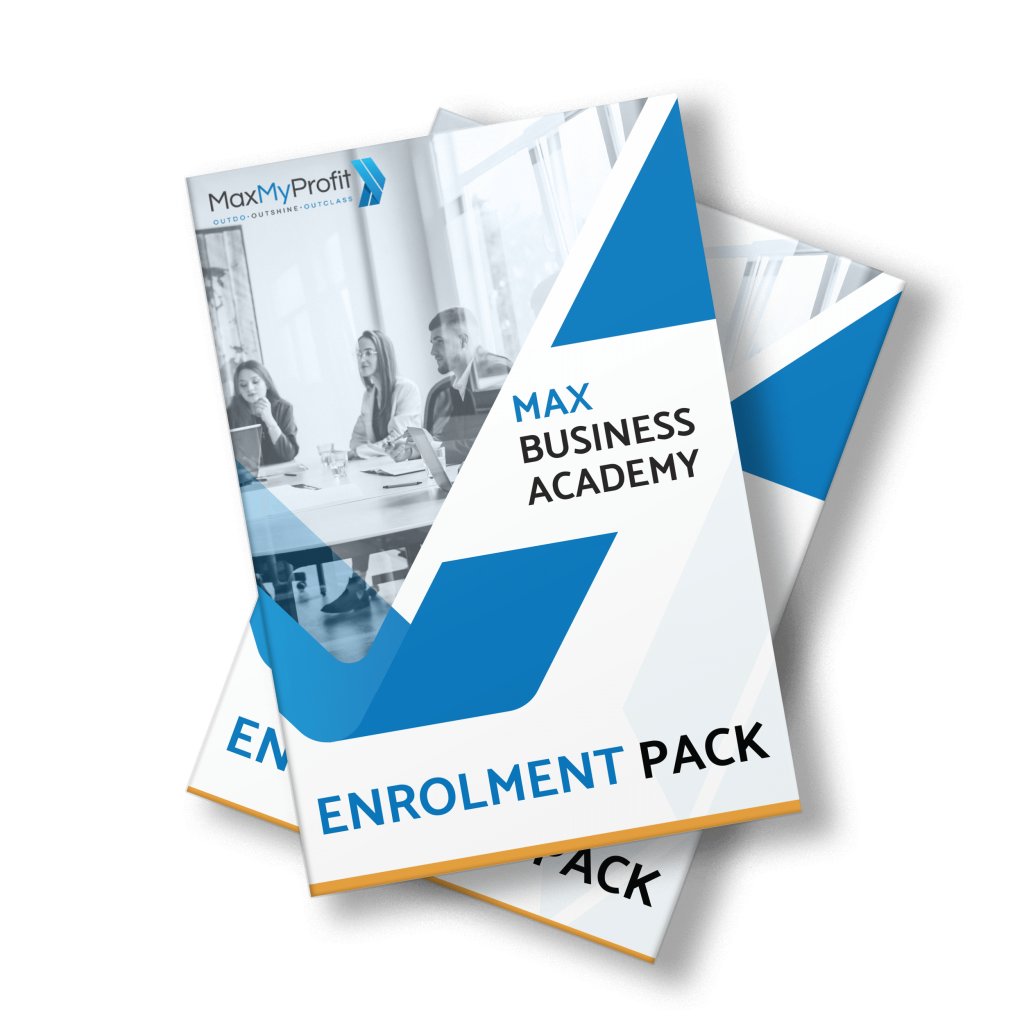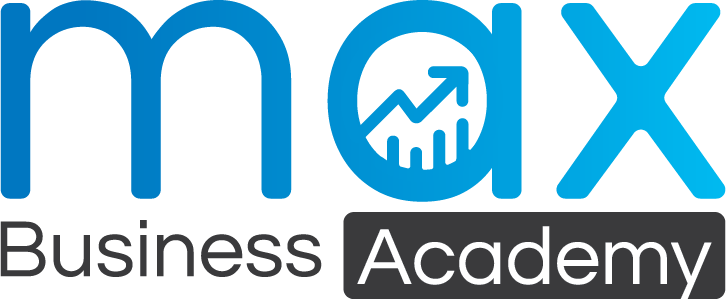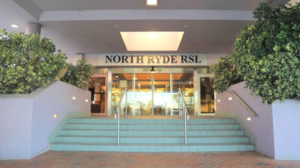Do you understand your personal finances or is it a subject you avoid due to confusing finance language and overwhelming information?
If so, then let’s break it down into five easy essential facts you will do best to know.
#1 Start Saving ASAP
Time is a critical factor in every aspect of life, and even more so in respect of financial planning. Personal finances are by definition based on the choice of the user, but actively saving as early as possible greatly increases your chances of financial freedom. The idea behind becoming saving-savvy sooner rather than later is all to do with the notion of compounding interest.
What is compound interest?
Einstein once called it the “8th wonder of the world”. The idea behind it is that if you start saving sooner, your money will have more time to grow. Absolutely anyone can take advantage of compounding interest ¾ it all comes down to time.
Compound interest is money you make on the savings/investments you have. The best thing about compounding interest, the earlier you save, the greater the reward.
Not convinced? Consider there are two young individuals at the start of their saving journey. Bill, age 25 and Lucy, age 20, both have $10,000 saved. If they were to leave this money in an interest bearing account which produces 5% per annum; then by age 50, Bill would have $32,221, while Lucy would have a $41,461. That’s a whopping $9000 dollar difference, just by starting to save 5 years earlier.
Now you can see how compound interest is a gift that keeps on giving.
#2 Tax Planning
Taxes are a part of life whether we like it or not. Being smart with your tax planning can save you more money and allow you to reach your finance goals faster. You should always pay your taxes honestly, however there are ways to reduce your taxable income in a smart and legal manner.
Firstly, you should maximise your contributions to your superannuation account. Your money is taxed at 15% in your super account, which is a radically reduced rate compared to other tax brackets.
Secondly, claim all tax deductions that apply to you and your income. You can claim against all work expenses, travel costs and tax credits provided by the Australian government.
The less taxes you pay, the more money you have for investments and future goals.
#3 Creating a budget that’s right for you
Most of us consider budgeting a tedious and boring task. The truth is however that budgeting can increase your financial freedom dramatically. Your own personal budget is unique to you. The goal is to make your budget fun and have it work for you, not against you.
Here is a checklist to follow for your personal budget planning
- Live within your means: Make sure that the inflow do not surpass the outflows
- Plan for the future: A good budget is a long-term budget. Do it for your future self!
- Have a splurge account: Have a portion of your hard earned money that is completely for you and all your exciting wants
- Create an emergency safety net: Ensure you have at least $3,000 in savings for an emergency fund and 3 months worth of living expenses in your savings account.
- Enjoy life: Make sure your budget is right for you, but don’t deprive yourself of enjoying life.
#4 Buy what you can afford
Buying within your means is a simple yet important financial tip. A study conducted by ASIC says that1 out of every 6 Australians are struggling to repay credit card debt. This is definitely not a picture of financial savviness. If this is you, don’t worry, there is a solution: simply try to buy only that which you can afford.
A simple way to do this is to use more cash.
Cash is tangible, it’s in your hands and psychologically, you have more of an understanding of how much money you are using.
Also, when the cash dries up, so does your spending. This is a simple change we can all make in order to buy what we can all afford in our everyday spending, and stop this tsunami of debt that is consuming more of us every year.
#5 File and read your statements
Receiving your bank statement doesn’t excite anyone, and if you are like me, you take one look and throw it away… but did you know, reading through you bank statement has a number of benefits? For example,
See what you spend your money on
Reading your financial statements allows you to see where your hard-earned money is going. Most people spending money on food, entertainment and fuel. By reading through your transactions, you will be able to highlight areas of unnecessarily spending or areas where you think you can splurge a bit more. Knowledge of your spending habits is crucial.
Fighting Fraud
Reading through your bank statement can allow you to check what you have spent your money on in the last few months. It can also allow you to detect any suspicious transactions. Doing this at a quarterly interval minimises the damage of potential fraud.
Reviewing automatic payments
In the world we live in today, many of the services we pay for are automatically deducted from our accounts. Most of us never actually check that the money has left out account because it is all done automatically. This is where checking your financial statements is crucial, to ensure the authorised payments have been conducted and to the correct amount. Hidden fees and unwanted automatic payments usually go under our radar if our financial statements are not reviewed.
With these 5 key areas top of mind, taking better care of your financials should be a made a whole lot easier in the months ahead and allow you to get a lot more mileage from your money.
About the Author
Daniel Smith is a small business advisor and a freelance writer for Perth based accounting firm Brentnalls WA. He also has an online resource centre for empowering SMEs dealing with the challenges of running a small business.









